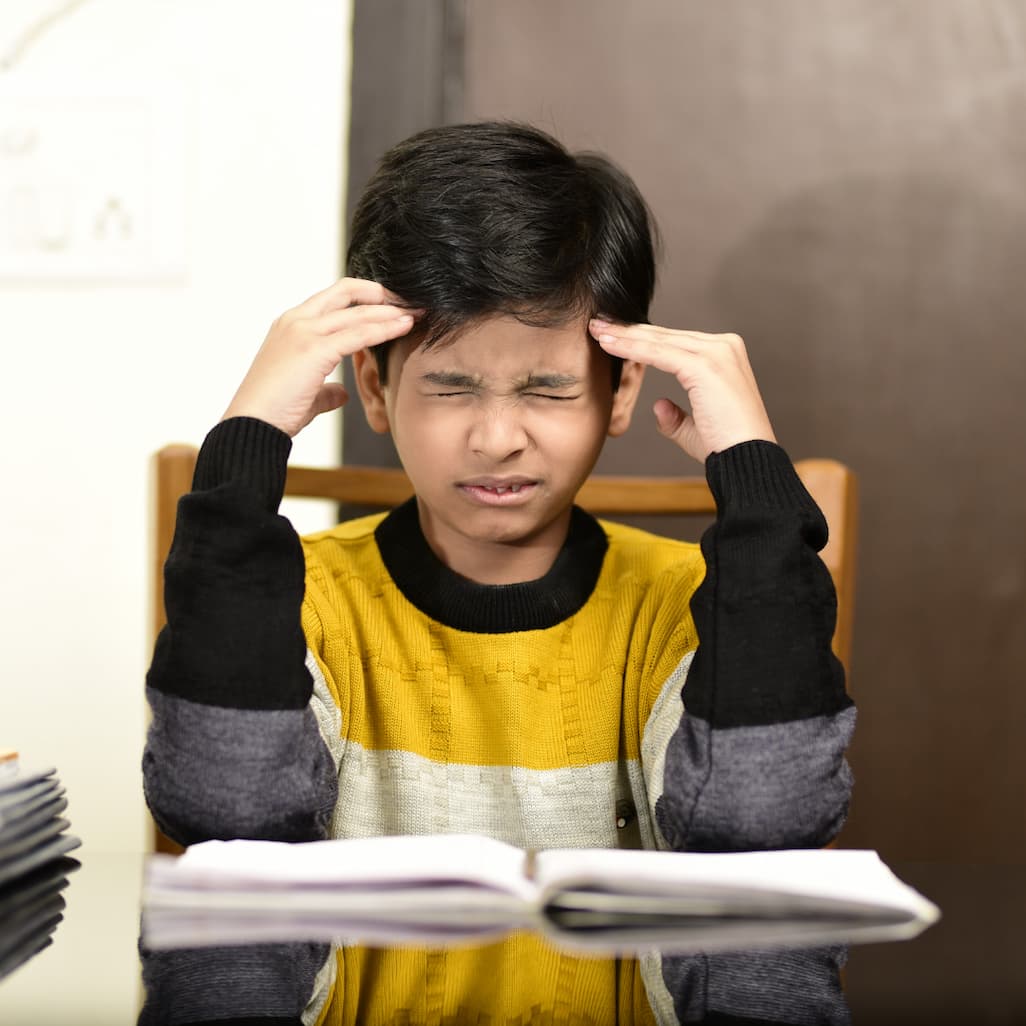How to Recognize the Signs of Stress in Kids
Stress is a part of life, but it can be especially difficult for kids to cope with. From toddlers to teens, stress affects kids in different ways and can have physical, emotional, and psychological effects on their development. It’s important for parents to recognize the signs of stress in their kids so they can help them manage it effectively.
In this article, we will discuss how stress manifests itself differently in each age group, from toddlers to adolescents, and provide tips on how parents can support their kids through stressful times.
Stress & Toddlers
Physical effects of stress in toddlers can include:
- fatigue,
- loss of appetite or increased eating habits,
- emotional outbursts,
- clinginess,
- difficulty sleeping,
- physical discomfort.
Stress & Preschoolers
Preschoolers may experience stress in response to changes in their environment, such as the introduction of a new sibling or the start of school. As stress takes its toll on them, preschoolers may become overwhelmed by emotions such as fear, anger, and sadness.
Physical symptoms of stress in preschoolers can include:
- trouble sleeping
- trouble eating,
- frequent headaches
- stomachaches,
- and difficulty concentrating.
Stress & Elementary Schoolers
Elementary school-aged children may experience stress due to changes such as a move to a new home or the introduction of more responsibility at school.
Stress in Elementary age kids may present itself through:
- fatigue,
- headaches
- stomachaches
- changes in sleeping habits
- changes in eating habits.
- sadness,
- frustration,
- or anger.
Kids at this age often have difficulties understanding how to express and manage on their own emotions. It is critical as parents to walk them through understanding why they may feel one way over another.
Stress & Adolescents
Adolescents are particularly prone to stress as they transition from childhood to adulthood. Stress in teens is often a result of academic pressures, changes in relationships with peers or family members, and even physical changes that come with puberty.
Teens may display stress-related behaviors such as:
- withdrawing from activities they previously enjoyed,
- spending more time alone,
- becoming increasingly irritable,
- stress-induced depression and anxiety,
- lack of confidence.
Tips for Parents
The most important thing parents can do is to recognize the signs of stress in their children so they can help them manage it effectively.
By understanding stress and helping kids to manage it, parents can ensure that their children grow up healthy and resilient. With the right support and guidance, kids of all ages can learn how to cope with stress in a healthy, productive way.
- Stay calm when kids are feeling overwhelmed by stress.
- Provide a safe, supportive environment where they can talk openly about their feelings.
- Help kids set realistic goals that are achievable and manageable.
- Encourage kids to take breaks from stress and engage in stress-relieving activities such as exercise, reading, or listening to music.
When stress is managed effectively, it can actually be beneficial for kids as it helps them develop stronger problem-solving skills and learn how to cope with difficult situations.
LaTouche Pediatrics is here to help kids and parents through stress. Please ask your pediatrician for more information if your kid is expressing an unhealthy amount of stress, or showing symptoms of stress for their age.

